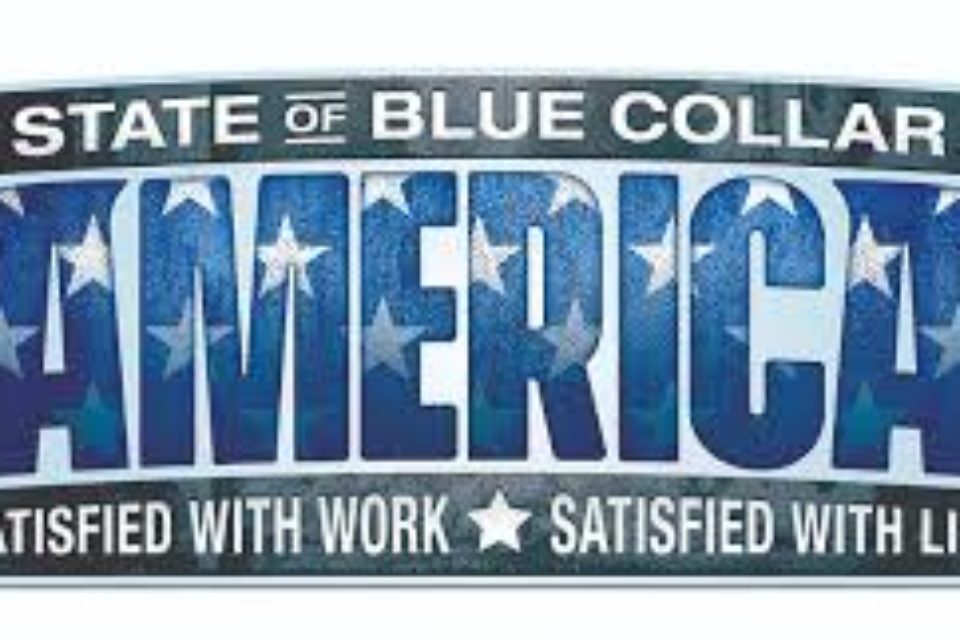State of Blue Collar America

They are proud of who they are and what they do, and our country is better for it.” —Bill Stoller, CEO, Express Employment Professional
Thanks to a poll commissioned by Express Employment Professionals in 2018, we finally have real insight into the lives and views of America’s blue collar workforce—from blue collar workers themselves.
Blue collar workers like what they do. The vast majority (86 percent) say they are satisfied with their jobs. One in three (33 percent) say they are “very satisfied.” Their work gives them meaning, and a whopping 91 percent say they are “proud” of the work they do. Despite the conventional wisdom about blue collar work, 79 percent of blue collar workers say the people they know respect the work they do.
In the current economy, the more immediate concern is not a loss of jobs but a shortage of workers. Blue collar workers are in higher demand, and companies are competing over them. Baby Boomer retirements should only increase the demand.
“With the highly automated world we live in that will continue to grow, we need a lot of skilled trades and advanced manufacturing people. We make things in the U.S. We need people to help us to continue to do that.” — Janis Petrini, Express franchise owner, Grand Rapids, Michigan
Blue collar jobs are some of the most in-demand, unfilled positions right now. Economic growth will depend on the country’s ability to fill those jobs, which in turn could depend on whether people view them as good opportunities. If society perpetuates negative attitudes about blue collar work, people of all generations will be less likely to pursue those jobs. That would mean essential services could be harder to come by as jobs go unfilled. It could also mean that young people will miss out on good job opportunities and instead take on significant debt on the assumption that a white collar job requiring a college degree is only the way forward.
In other words, take it from blue collar workers themselves: there are good blue collar jobs that provide a satisfying career and life—and reason for optimism in the future. The modern blue collar workforce is changing, and it’s time attitudes change with it.


